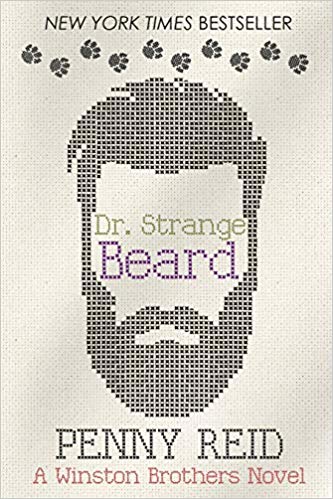 At 26, Roscoe Winston is the youngest of the Winston clan and a vet(erinarian) in Nashville. We’ve also seen him to be a bit of a flirt in previous books. We come to learn why he’s that way, and how he’d had his heart broken in high school by Simone Payton.
At 26, Roscoe Winston is the youngest of the Winston clan and a vet(erinarian) in Nashville. We’ve also seen him to be a bit of a flirt in previous books. We come to learn why he’s that way, and how he’d had his heart broken in high school by Simone Payton.
Simone’s a cool chick—she’s currently working as an undercover FBI agent even though that’s not really her calling (which is in a research lab). It’s a temporary assignment. There’s been a string of murders in East Tennessee that the FBI knows are being perpetrated by the president of the biker club the Winstons’ father is in. The fact that Simone’s from there gets her assigned to the case. She’s working at the diner her mom runs in Green Valley. Simone is focused on her career and believes that the whole idea of love is stupid. She doesn’t like feelings and never has. But unfortunately for her feelings, her assignment brings her in contact with Roscoe.
Roscoe, for his part, isn’t happy to see her because she rejected him in high school after they’d been best friends forever, and the memories still pain him. He has a fantastic memory, so he relives the whole rejection any time he sees her. And he keeps seeing her pop up inexplicably everywhere he goes.
What Roscoe doesn’t know is that she’s trying to protect him and break the case at the same time. He’s become important because his father wants to talk to him for some reason. And Simone can’t let that just happen without inserting herself.
Dr. Strange Beard does start off a little slow, I have to admit. Simone in particular was hard to get into because she’s very logical and tries to deny emotion. But by a quarter in, it started to pick up more and then got good—and Simone is great. Roscoe’s sweet and different from his brothers. The book leans a bit toward romantic suspense, especially in the second half, which isn’t surprising given Simone’s profession. The build-up with the suspense delivers with an emotional and riveting grand finale in the diner.
My recommendation is pretty much the same as it is for all of Reid’s books: read it if you’re a fan or if you like quirky and smart heroines.
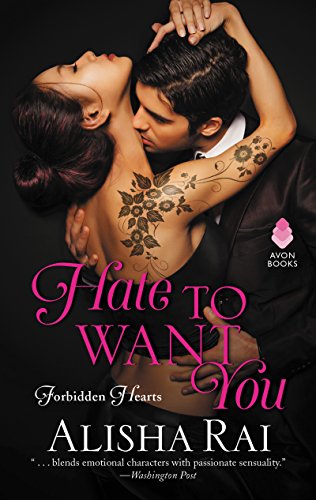 Hate to Want You is a complex novel with a bucketful of family secrets.
Hate to Want You is a complex novel with a bucketful of family secrets.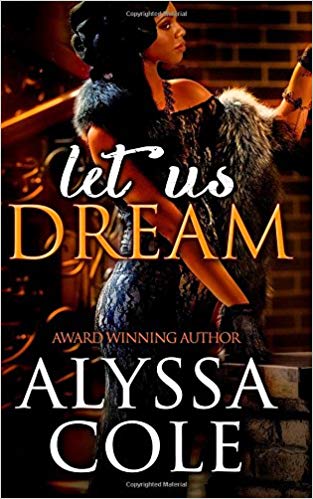 Let Us Dream is another slim but packed novel like Cole’s Let It Shine—and it’s equally good. This one’s set 50 years earlier, in 1917 Harlem. The heroine is Bertha Hines, a cabaret owner who has a secret that keeps her constantly nervous and a past that keeps her fairly buttoned-up. Amir Chowdhury is a Muslim Indian in the U.S. illegally, trying to make his way.
Let Us Dream is another slim but packed novel like Cole’s Let It Shine—and it’s equally good. This one’s set 50 years earlier, in 1917 Harlem. The heroine is Bertha Hines, a cabaret owner who has a secret that keeps her constantly nervous and a past that keeps her fairly buttoned-up. Amir Chowdhury is a Muslim Indian in the U.S. illegally, trying to make his way.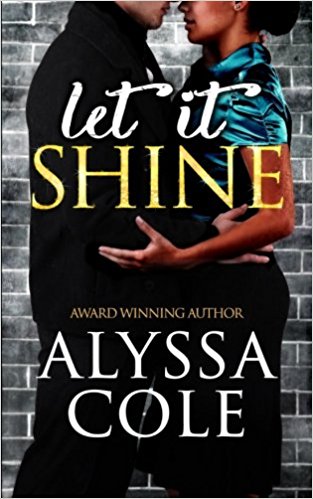 Let It Shine is a slim book, coming in at a little over 100 pages, but it doesn’t feel short. I mean that in the good way—it’s complex and substantive and I really enjoyed it.
Let It Shine is a slim book, coming in at a little over 100 pages, but it doesn’t feel short. I mean that in the good way—it’s complex and substantive and I really enjoyed it.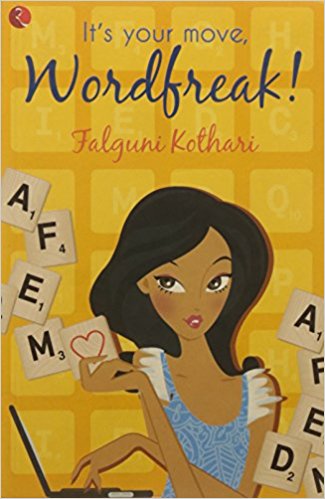 I stumbled across It’s Your Move, Wordfreak! on a list of Indian romances. The book has a lot going for it. It’s a cute premise—Alisha and Aryan meet online playing Scrabble. They really hit it off and decide to go on a semi-blind date. Alisha’s a smart and successful divorce lawyer who’s a little commitment-phobic due to her own parents’ failed marriage. Aryan’s a hot man-about-town who also happens to be a wildly successful architect.
I stumbled across It’s Your Move, Wordfreak! on a list of Indian romances. The book has a lot going for it. It’s a cute premise—Alisha and Aryan meet online playing Scrabble. They really hit it off and decide to go on a semi-blind date. Alisha’s a smart and successful divorce lawyer who’s a little commitment-phobic due to her own parents’ failed marriage. Aryan’s a hot man-about-town who also happens to be a wildly successful architect.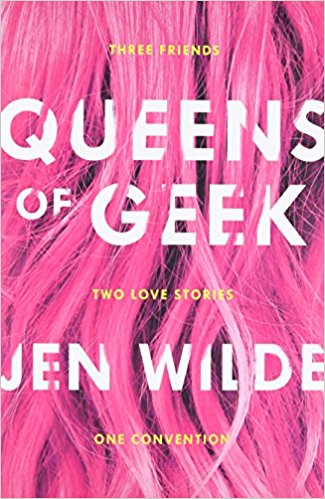 Queens of Geek is technically a YA romance, not something I usually review here (generally they’re too tame, but I made an exception because it was what I read this week and the characters are all eighteen so it could be considered New Adult, which I would review here). So.
Queens of Geek is technically a YA romance, not something I usually review here (generally they’re too tame, but I made an exception because it was what I read this week and the characters are all eighteen so it could be considered New Adult, which I would review here). So.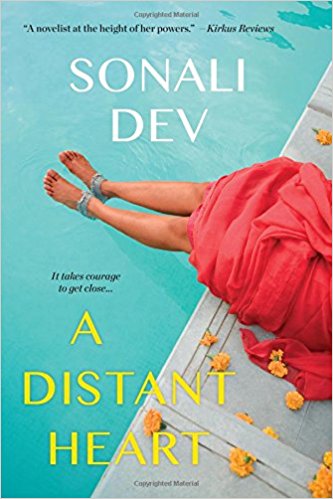 I enjoyed Dev’s first three books and was looking forward to this one. It features two minor (but important) characters from A Change of Heart, so I was excited to see their story.
I enjoyed Dev’s first three books and was looking forward to this one. It features two minor (but important) characters from A Change of Heart, so I was excited to see their story.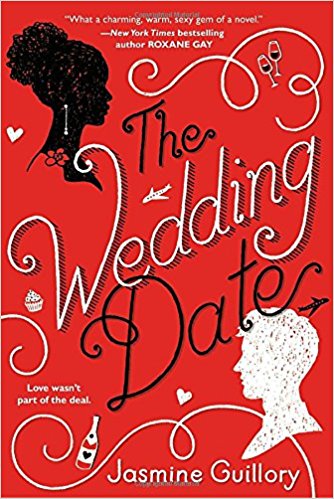 There’s been a fair bit of hype about The Wedding Date. So I went into it wondering if the book would live up to it. I think it does.
There’s been a fair bit of hype about The Wedding Date. So I went into it wondering if the book would live up to it. I think it does.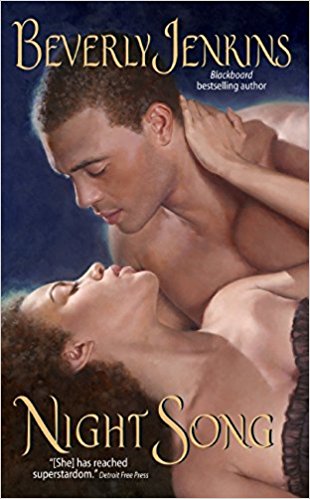 This is Jenkins’ first novel, the one that the publishing world didn’t know what to do with and amazed everyone. A story about post-Civil War black people? What? Who’d want to read that.
This is Jenkins’ first novel, the one that the publishing world didn’t know what to do with and amazed everyone. A story about post-Civil War black people? What? Who’d want to read that.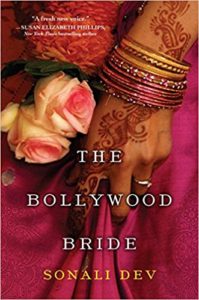 Although I previously reviewed A Bollywood Affair (the sequel to this one), this is the one I read first. And it really sucked me in, with its troubled characters and their fascinating backstory (they were so angsty that they could have almost fit in in a YA novel).
Although I previously reviewed A Bollywood Affair (the sequel to this one), this is the one I read first. And it really sucked me in, with its troubled characters and their fascinating backstory (they were so angsty that they could have almost fit in in a YA novel).